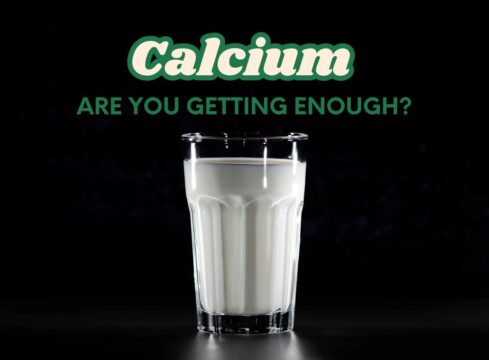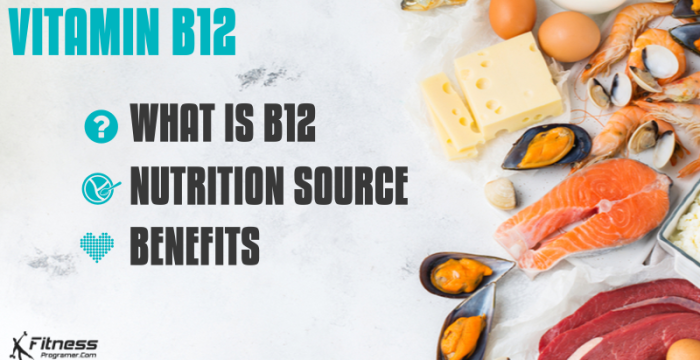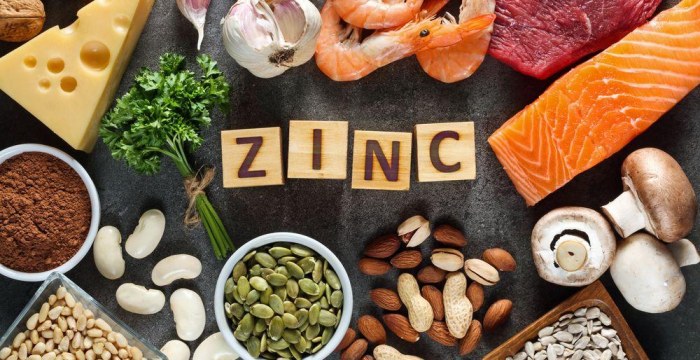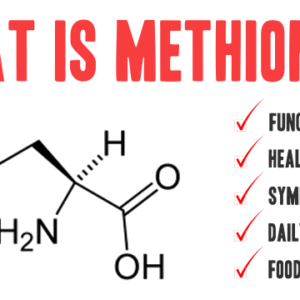What Is Sulfur? Sulfur is a non-metallic mineral that plays a critical role in numerous physiological processes. Although it is not classified as an essential dietary mineral in the same way as calcium or magnesium, sulfur is essential for life because it is a key component of the amino acids methionine and cysteine, which are […]
What Is Chloride? Chloride is one of the most abundant electrolytes in the body, primarily found in the extracellular fluid alongside sodium. It plays a vital role in maintaining fluid balance, assisting with nerve and muscle function, and forming hydrochloric acid (HCl) in the stomach, which is essential for digestion. As a negatively charged ion […]
What Is Sodium? Sodium is an essential electrolyte and mineral that the body needs to maintain fluid balance, nerve signaling, and muscle contraction. Most of the sodium in the body is found in the blood and extracellular fluid, where it plays a key role in regulating the movement of water and maintaining blood pressure. While […]
What Is Magnesium? Magnesium is a macromineral required for optimal health and involved in over 300 enzymatic reactions in the body. It plays a critical role in energy production, muscle and nerve function, bone development, and heart rhythm regulation. Although magnesium is found in various foods, magnesium deficiency is common due to poor dietary habits, […]
What Is Phosphorus? Phosphorus is the second most abundant mineral in the human body, after calcium. Approximately 85% of the body’s phosphorus is found in bones and teeth, while the rest plays a crucial role in energy production, pH balance, and cellular signaling. As a structural component of DNA, RNA, ATP (adenosine triphosphate), and cell […]
What Is Calcium? Calcium is the most abundant mineral in the human body, with about 99% stored in bones and teeth, where it provides structural support and strength. The remaining 1% circulates in the blood and soft tissues, where it plays vital roles in muscle contraction, nerve transmission, vascular function, and hormone secretion. Because the […]
Potassium, which is vital for the human body, is one of the minerals needed for a healthy life. We must provide the necessary supplement for this potassium mineral that the body cannot produce on its own.
Vitamin B12 is a vitamin that plays a fundamental role in red blood cell formation, cell metabolism, nerve function, and DNA production. The most important feature that distinguishes it from other B group vitamins is that it is the only vitamin containing cobalt, one of the minerals our body needs.
Vitamins Vitamins are organic compounds that are vital for human health. Vitamin deficiency can cause many important health problems. For this reason, it is very important for people with vitamin deficiencies to take appropriate vitamin and nutritional supplements. It is recommended to take vitamins especially naturally. However, with the advice of a physician, vitamin supplementation […]
Zinc is a very beneficial mineral for human health. It affects more than 300 enzymes that govern metabolism, digestion, and the nervous system. It is one of the minerals that support development during childhood, adolescence and pregnancy. Adults need an average of 8 to 11 mg per day to maintain zinc levels. It is mostly found in red meat, seafood, nuts, spinach, okra, mushrooms and lentils.















